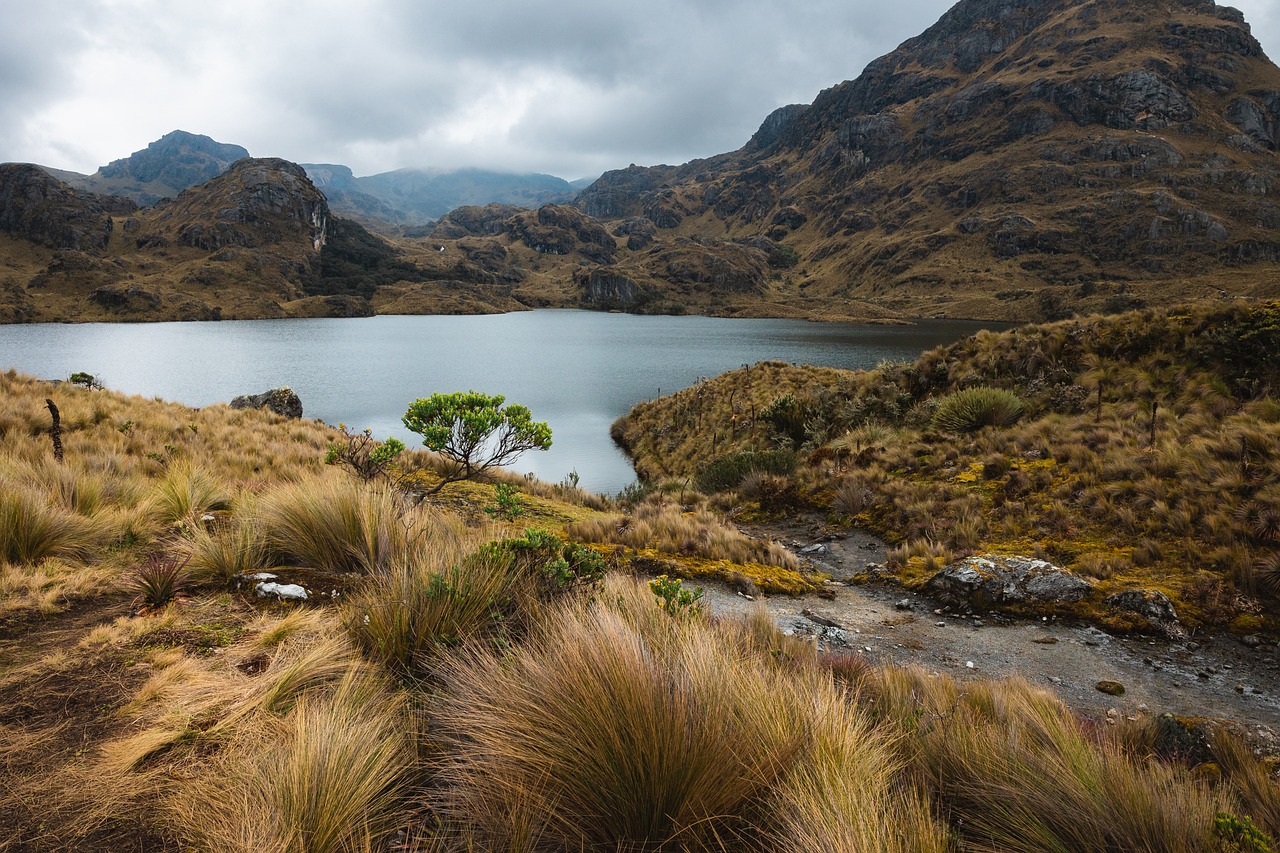Traveling for Indigenous Music Festivals: Celebrating Traditional Music and Cultural Heritage from Native Cultures Around the World
Indigenous music festivals around the world serve as vibrant celebrations of cultural heritage and artistic expression. These events provide a platform for Indigenous communities to showcase their traditional music, dance, and storytelling, fostering a sense of pride and unity among participants and audience members alike. Through dynamic performances and interactive workshops, Indigenous music festivals offer a glimpse into the diverse musical traditions that have been passed down through generations.
From the rhythmic beats of traditional drums to the haunting melodies of ancient flutes, Indigenous music festivals offer a rich tapestry of sounds that reflect the deep connection between music and heritage. As attendees immerse themselves in the sights and sounds of these festivals, they are not only entertained but also educated about the significance of traditional music in Indigenous cultures. By highlighting the importance of preserving these musical traditions, Indigenous music festivals play a crucial role in promoting cultural diversity and fostering cross-cultural understanding.
The Significance of Traditional Music in Indigenous Cultures
In Indigenous cultures, traditional music holds a profound significance that goes far beyond mere entertainment. Music plays a central role in ceremonies, rituals, and cultural practices, functioning as a means of passing down stories, values, and knowledge from generation to generation. Through intricate rhythms, melodies, and lyrics, traditional music serves as a powerful tool for preserving the rich cultural heritage of Indigenous communities.
Moreover, traditional music is deeply intertwined with spirituality and connection to the natural world in Indigenous cultures. The melodies and lyrics are often inspired by the environment, wildlife, and ancestral spirits, creating a harmonious relationship between humans and nature. This connection to the land and spiritual beliefs is reflected in the songs and dances performed during ceremonies and celebrations, reinforcing the cultural identity and collective memory of Indigenous peoples.
What role does traditional music play in Indigenous cultures?
Traditional music plays a crucial role in Indigenous cultures as it is deeply connected to their history, identity, and spirituality. It serves as a means of passing down stories, customs, and beliefs from generation to generation.
How are Indigenous music festivals important?
Indigenous music festivals provide a platform for Indigenous artists to showcase their talents, celebrate their culture, and educate others about their traditions. These festivals also help to preserve and promote traditional music.
How does traditional music differ from modern music in Indigenous cultures?
Traditional music in Indigenous cultures is rooted in ancient traditions and often uses traditional instruments and vocal styles. It is passed down orally and has deep cultural significance. In contrast, modern music may incorporate elements of traditional music but also incorporates contemporary styles and influences.
How can people outside of Indigenous cultures support traditional music?
People outside of Indigenous cultures can support traditional music by attending Indigenous music festivals, purchasing music from Indigenous artists, and educating themselves about the history and significance of traditional music in Indigenous cultures. It is important to respect and honor the cultural traditions associated with the music.
What is the future of traditional music in Indigenous cultures?
The future of traditional music in Indigenous cultures depends on the continued support and preservation of these musical traditions. As long as there are efforts to pass down traditional music to future generations and promote its importance, traditional music will continue to thrive in Indigenous cultures.





